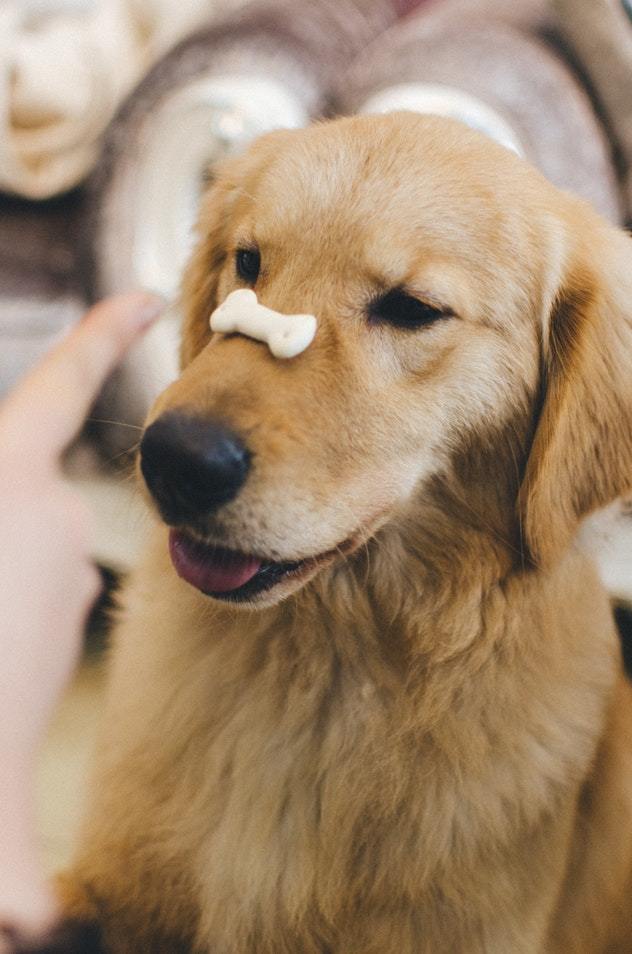
What You Need To Know Before Training Your Puppy
Share
New puppies are a bundle of joy, but they're also a bundle of activity, energy and excitement. It's important to know how to channel it, so as to set the foundation for a well-behaved dog.
Got a new puppy and don't know what to do next? Don't worry! We've got you covered with some simple commands that you can teach your puppy, so as to pave the way for a well-behaved companion.
Be Clear About What You Want the Puppy to Do
To start off, your puppy will need to know what you expect from him. This will help him meet the goal laid out for him.
Give Lots of Positive Reinforcement
The base for any training is laid on positive reinforcement. This means, giving your puppy a reward to encourage the behavior you'd like him or her to do more of! The idea is not to bribe your puppy for the behavior, but to help them understand that they will be rewarded for doing the hard work and performing certain tasks. You can use puppy training treats or even just the dry food that you normally feed him. However, it is a good idea to make sure the food you’re giving your puppy is grain-free, and contains real protein and vegetables. Start him on the best dry dog food when he’s young, and he’ll stay healthier and more agile!
Vocalise Your Encouragement
If you give your puppy a treat, while saying "Good dog!" in a happy voice, he will learn that praise is a good thing and can be a reward in itself. Some puppies will also like it if you pet them.
Avoid Using Punishment
Punishment can confuse a dog, as they don't know what is being asked of them. It is important to remember that we can't expect our canine friends to know what they don't know, just as you wouldn't expect a baby to know how to get dressed. Being patient with your puppy will help your bond, and will encourage him to behave in the way you want.
Plan Training Sessions Well
You can begin very simple training usually around 8 weeks of age. However, make sure that you keep training sessions to just about 5 to 10 minutes. Try to also always end on a positive note! If your puppy is having trouble trying to learn a new behavior, end the session by doing something he has already learned, and give him lots of praise as well as a big reward for his achievement. The idea is to make sure your puppy doesn't give up out of boredom or frustration.
You can begin very simple training usually around 8 weeks of age. However, make sure that you keep training sessions to just about 5 to 10 minutes. Try to also always end on a positive note! If your puppy is having trouble trying to learn a new behavior, end the session by doing something he has already learned, and give him lots of praise as well as a big reward for his achievement. The idea is to make sure your puppy doesn't give up out of boredom or frustration.
Let's Learn a Basic Command Together!
How To Get Your Puppy to Come When Called
- Sit next to your puppy, and either say his name, or say "come."
- Every time you say his name or ask him to come to you, give him a treat. He doesn't need to do anything else. Each time he listens to you, give him a treat.
- The next thing to do, is to drop a treat on the floor next to you. As soon as your puppy finishes the treat, call out his name again. When he looks up, give him a treat!